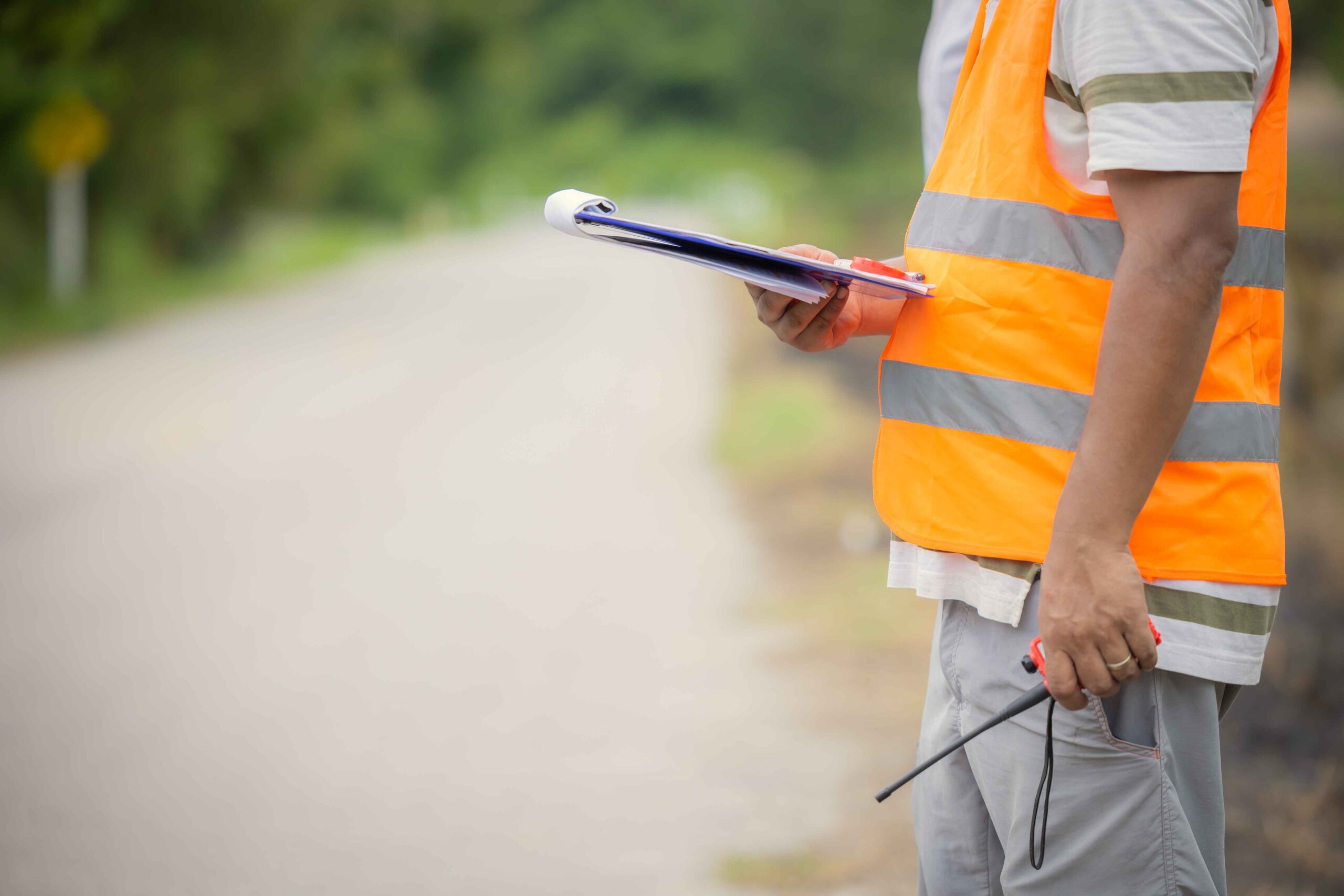
Skipping Surface Condition Survey: Risks and Consequences
A surface condition survey is one of the most important steps before any road, driveway, or car park surfacing project. Yet, it’s often underestimated—or worse, skipped entirely. Whether you’re managing a commercial site or planning domestic work, neglecting this crucial evaluation can lead to poor results, structural failure, and costly rework.
As experienced commercial tarmac contractors in Hertfordshire, we’ve seen firsthand how omitting a professional surface assessment can compromise the longevity and performance of even the most well-laid tarmac.
In this article, we explain why surface condition surveys are essential, what risks arise when they’re ignored, and how to ensure your next surfacing project starts on a solid foundation.
What Is a Surface Condition Survey?
A surface condition survey is a detailed inspection of an existing surface area—such as a road, car park, or tarmac driveway in Hertfordshire—to assess its current state. This includes identifying:
-
Cracks, potholes, and surface deformations
-
Sub-base stability issues
-
Drainage effectiveness
-
Load-bearing capacity
-
Existing materials and compatibility with proposed resurfacing
This information helps determine whether repair, resurfacing, or full reconstruction is the best course of action.
The Risks of Skipping a Surface Condition Survey
1. Inaccurate Planning and Budgeting
Without a survey, you’re essentially guessing the scope of work needed. That often leads to:
-
Underestimating material and labour costs
-
Surprises during excavation (e.g., soft spots, unstable ground)
-
Project delays due to unforeseen complications
Proper planning starts with clear data. A survey provides that clarity, allowing you to budget realistically and avoid mid-project cost inflation.
2. Premature Surface Failure
One of the most serious consequences of skipping a survey is premature surface failure. Without understanding the underlying conditions, you risk laying tarmac surfacing in Hertfordshire over an unstable or unsuitable base.
Consequences include:
-
Alligator cracking
-
Water ingress and pothole formation
-
Surface sinking or heaving
These issues can appear within months, wiping out your investment and forcing a costly do-over.
3. Drainage Problems and Standing Water
Surface surveys also evaluate drainage efficiency. Ignoring this means you might resurface an area that still has underlying drainage issues, leading to:
-
Standing water after rainfall
-
Frost damage during winter
-
Accelerated wear and erosion
A properly graded tarmac pathway in Hertfordshire, for example, needs careful slope planning. Drainage failures are one of the most common (and avoidable) causes of resurfacing failures.
4. Non-Compliance with Regulations
In commercial and public-sector environments, surface works must meet local authority and health & safety regulations. Skipping a survey increases the chance of non-compliance, which could result in:
-
Fines or work stoppage orders
-
Liability for accidents or vehicle damage
-
Project rejection by planning inspectors
If you manage car park tarmac services in Hertfordshire, for example, regulations may require slip resistance levels, proper markings, and disabled access — all factors that a condition survey would assess.
5. Wasted Investment on Tarmac Installation
Even high-quality tarmac installation in Hertfordshire won’t last if the underlying conditions aren’t suitable. Without a survey, your resurfacing may be installed on soft or poorly drained ground—leading to:
-
Wasted materials
-
Warranty voids
-
Total surface failure
Cutting corners before you lay tarmac is like building a house without checking the ground. It’s not a cost-saving move—it’s a future liability.
How Surface Surveys Improve Project Outcomes
Investing in a surface condition survey sets the stage for long-term durability and cost efficiency. Benefits include:
-
Accurate, fixed pricing based on real surface data
-
Correct material selection and layering methods
-
Proper drainage planning to prevent water-related damage
-
Compliance with regulations and technical specifications
-
Optimised resurfacing strategy—repair, overlay, or rebuild as needed
Who Needs a Surface Survey?
Surface surveys aren’t just for large roads. They’re essential for:
-
Tarmac driveways in Hertfordshire
-
Commercial loading bays and car parks
-
School and council resurfacing projects
-
Residential developments with multiple surface types
-
Public footpaths and tarmac pathways in Hertfordshire
If your project involves resurfacing, reconstruction, or structural improvements, a survey is the first step to success.
Trust Experienced Commercial Tarmac Contractors in Hertfordshire
At East Herts Surfacing, we never cut corners on preparation. Every surfacing project we undertake begins with a full evaluation, including detailed surface condition surveys. Our team uses specialist tools and experience to assess ground conditions, surface integrity, and drainage needs before any tarmac is laid.
Our services include:
-
Full surface assessments
-
Accurate cost estimations
-
High-performance tarmac surfacing in Hertfordshire
-
Machine-lay and hand-lay installation
-
Road, car park, and pathway surfacing
Whether you need a tarmac driveway in Hertfordshire or a full commercial site resurfaced, we’re here to deliver lasting results based on real insight—not guesswork.
Need Professional Surfacing Advice?
Don’t risk a failed surface. If you’re planning any kind of surfacing or resurfacing project, make sure it starts with a proper surface assessment.
👉 Explore our full range of services
📞 Contact our team today for expert advice or to book a site survey.
Final Word
Skipping a surface condition survey may seem like a way to save time or money, but it often leads to far greater costs down the line. From structural failures to drainage issues, the risks are too high.
Professional surveys provide the foundation for long-lasting, regulation-compliant, and cost-effective surfacing. If you’re investing in tarmac installation in Hertfordshire, start smart — assess before you lay.






